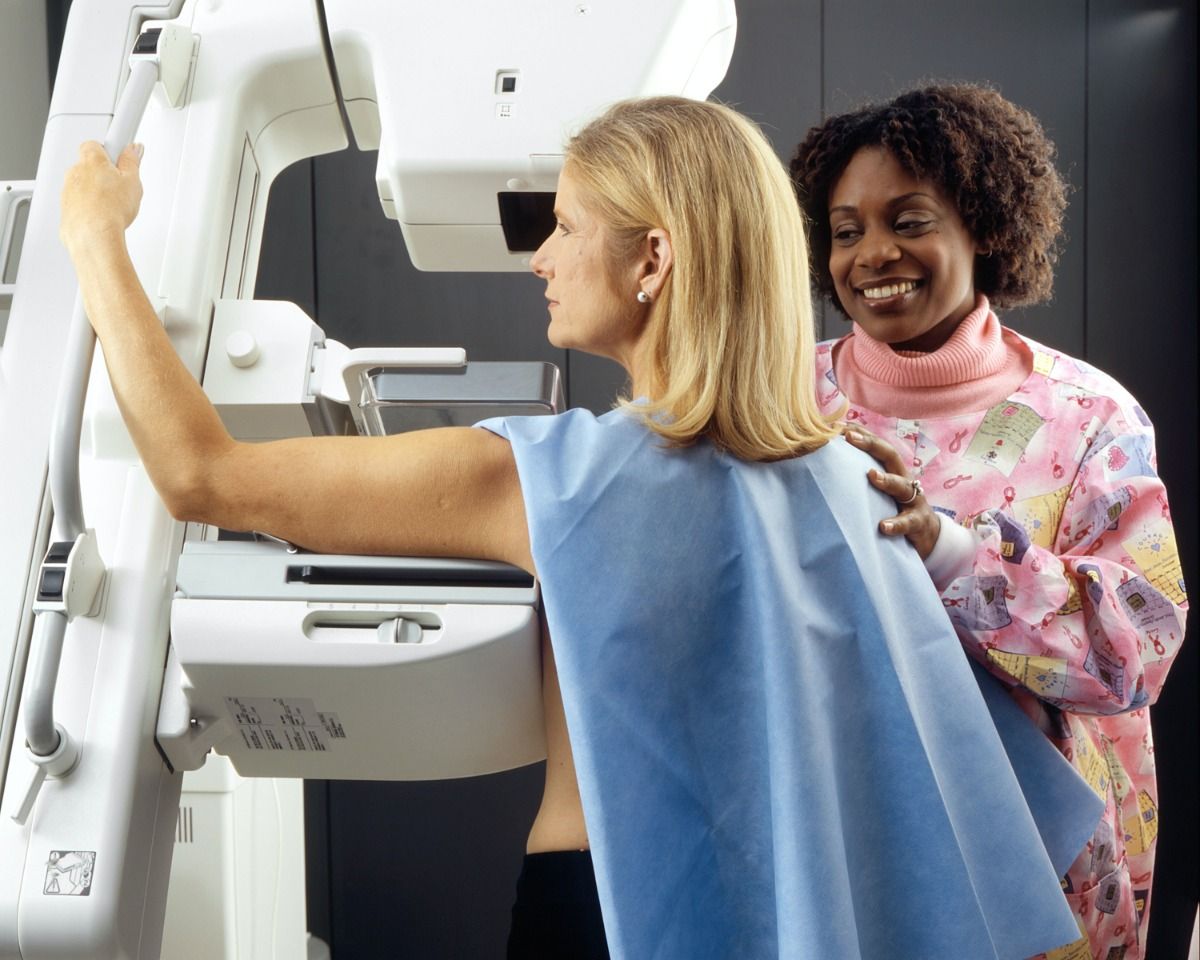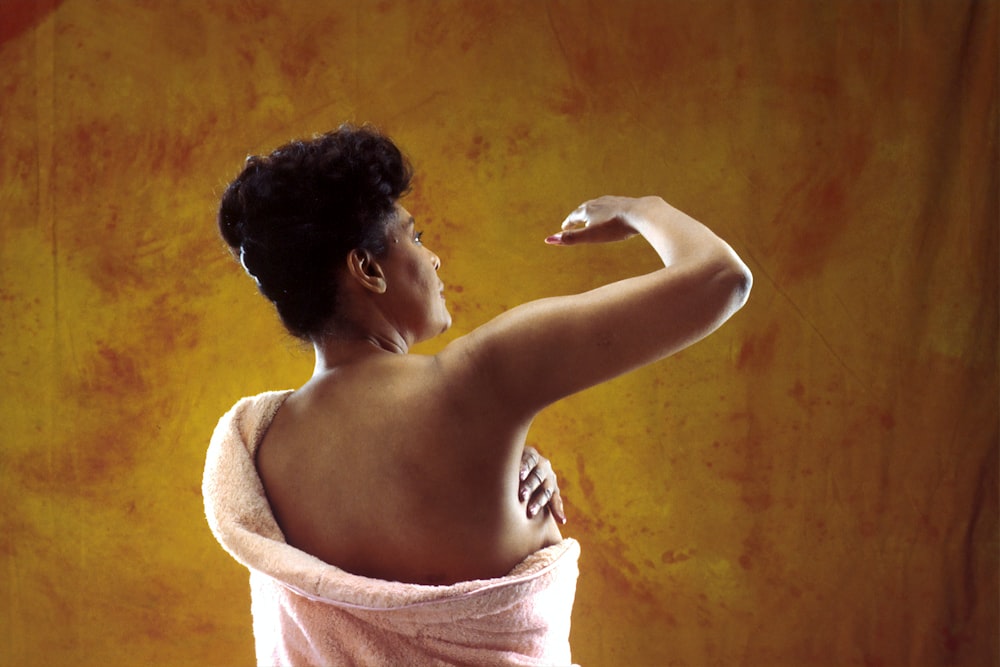
When I found a lump in my breast a couple of years ago, my heart sank. The first thing I thought of when I felt a lump in my right breast was the big “C” word. I was so afraid because I’ve seen first-hand in family and friends how cancer ravages a person’s body. A friend of mine became a shadow of what he once was, changing from a muscular gym buff to a severely emaciated man because of colon cancer. Cancer does not discriminate, as it is a disease that can pounce on anyone, so I was deathly afraid when I found a lump in my breast.
I was taught that part of self-care is taking preventive health measures. I religiously followed the advice of my high school health education teacher to do my own monthly breast exams, where you do a self-examination of both breasts on a regular basis. Then one day, I found a lump in my right breast.
I tried telling myself that the lump in my breast could be period-related. However, something really feels off when you touch a growth in your breast that shouldn’t be there. A million thoughts went through my head. Is it a cyst? Is it a malignant tumour? Could it be breast cancer? Will I lose my breast? I didn’t know what to think.
Too Afraid to Take Action
I didn’t tell anyone about the lump I found, at first. My mother and grandmother passed away the year before, so I didn’t want to bring any more bad news to my father and brother, both of whom I am very close. My husband was also away on business, and I didn’t want to distract him with my health concerns. I prayed and hoped that the lump would go away after my period, but it didn’t.
One of the things I did was a Google search. But terms like “fine needle aspiration” and “biopsy surgery” only scared me even more. Then I remembered a picture in a health clinic: stop using search engines to diagnose your symptoms. And this is true. Attempting to decipher and understand all the medical terms on the web confused me even more. It made me more anxious as I imagined the worst-case scenarios.
The problem with search engines is that they contain so much information, and people don’t know how to handle it. It’s easy to find information online that matches my symptoms, but I clearly don’t have the medical training to understand what other factors go into a medical diagnosis, such as family history or lab tests. I was a nervous wreck that this might be breast cancer. I couldn’t sleep as terms such as “metastatic cancer” and “double-mastectomy” consumed my mind.

Getting the Lump in my Breast Checked by a Doctor
Finally, after almost two weeks of feeling lost and afraid, there was an event at my children’s school. I couldn’t hold it in anymore, and I ended up telling one of my mommy friends about the lump in my breast that was giving me anxiety. She hugged me and asked what I was waiting for. She said we are lucky enough to live in an area where we could schedule a quick lab test. So that afternoon, she dragged me to see a radiologist for a breast ultrasound, so I could finally stop asking, “what if?” and get concrete answers from a professional.
As the doctor probed the wand on my breast, he said something about not seeing any calcifications. With all the internet research I conducted, I knew this was a good sign. After everything was done, he told me to wait outside for the official results. I felt acid forming in the pit of my stomach as I awaited his official verdict. The possibility of him walking in and telling me it was cancer made me feel my mortality.
If it was the dreaded big C, my whole world would be flipped upside down. My father-in-law was diagnosed with colon cancer, so I knew how rough the battle was. It not only affected the patient but the family, too. I started thinking about all the things I wanted to do before my time in the world was up. I kept praying that it would be nothing serious because I wanted to see my kids grow up. This thought bothered me the most. Fortunately, I had my friend with me to help distract me and keep me company.
The Doctor’s Verdict
The doctor finally came out and told me it was a sebaceous cyst – a benign epidermoid cyst. These cysts usually occur after trauma to the area because the sebaceous glands that produce the sebum or oil can get damaged or clogged.
The lump in my breast was therefore not a cause for concern, and no immediate procedure was necessary because it was small and not painful or bothersome. He also said, in some cases, it goes away on its own.
My Mammogram Experience
Even after telling me the lump in my breast was a benign cyst, my doctor noticed I was still very distressed. He could tell I wanted certainty. Since I was almost in my 40s, he recommended getting a baseline mammogram for my peace of mind. I heeded his advice and scheduled the mammogram for another day. I have had older friends who get it yearly, and I know that mammography has a lot of fear-based language attached to it, because of how uncomfortable it is.
A mammogram machine looks big and scary. It definitely felt very uncomfortable as it squished and pinched my breasts. However, I knew this equipment was a woman’s best friend because it could potentially save lives with its early detection of even super tiny lesions. Fortunately, my mammogram results corroborated the ultrasound and showed normal parameters. I felt safe and relieved.

Embracing the Joys of Life
To say I felt relieved after all this testing is a huge understatement. I realized that if I had gone to see the doctor sooner, I would have saved myself a lot of anxiety and trouble worrying over the “what if”s. Instead, I was miserable for two weeks and couldn’t even get a decent night’s sleep. I feel silly for turning to the internet instead of facing my fears head-on, and asking for sound medical advice from a real professional.
This cancer scare was definitely a precious life lesson. When you encounter a personal health scare, denial can only escalate the problem and make you feel emotionally drained. Instead, it is better to face it and find solutions. Anyone who has spotted a growth, felt a lump, or dealt with other health issues will confirm that it is a life-altering experience. Any health-related challenge helps you see life in a different light. Life is indeed precious and finite, so don’t take it for granted. Besides, when you undergo a health crisis, it doesn’t just happen to you, but it also affects your loved ones.
Take a Proactive Approach to Your Health
Everyone must take a proactive approach to manage their health. It is your responsibility to be your body’s best advocate. Don’t be afraid to perform your monthly breast exams, for example. If you have a family history of cancer, it could be wise to get genetic testing from CircleDNA, as a DNA test like this one will reveal some answers about your own cancer risk. If you notice something off in your own body, like a lump, growth, mole, oddly-coloured urine or any other symptom, don’t stay quiet about it. Speak up, for the sake of your health.






